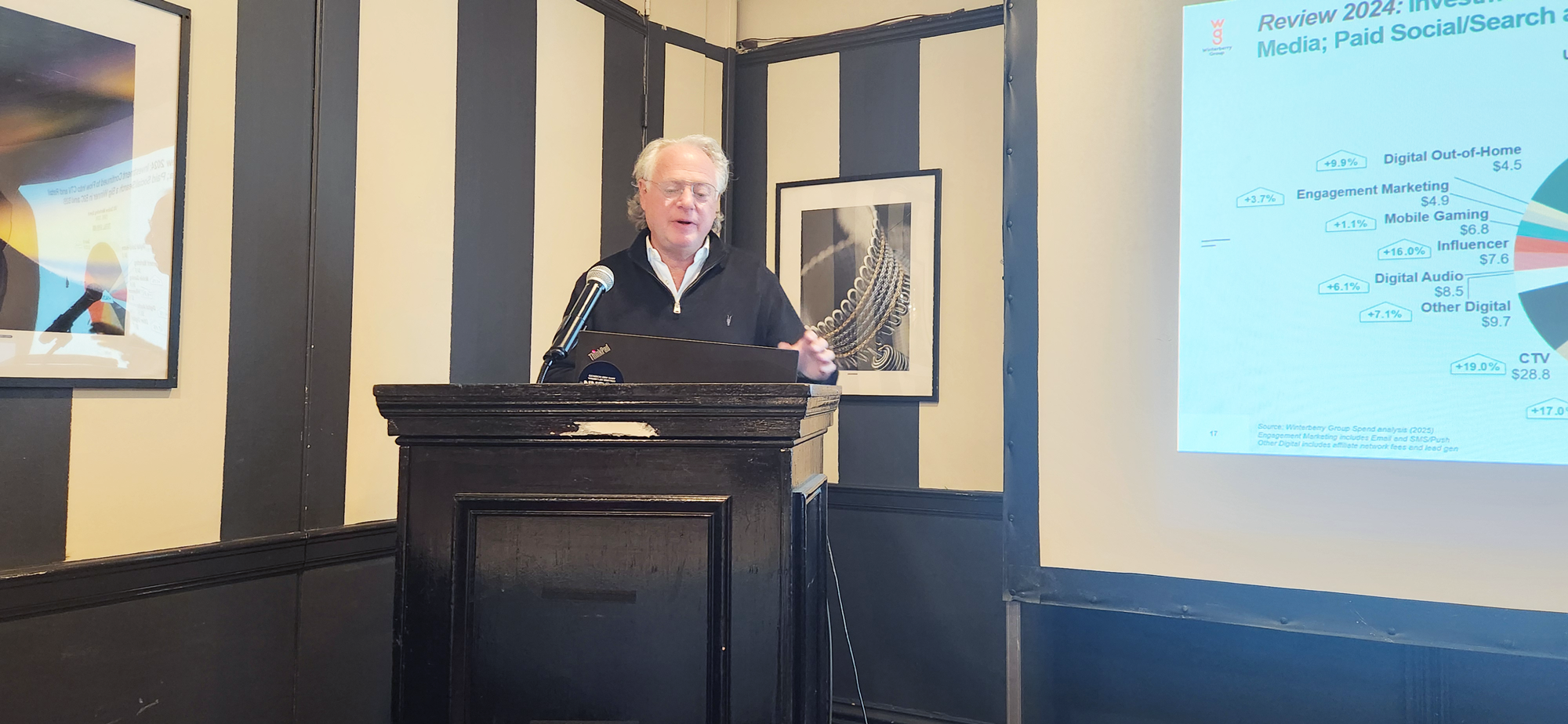
Provocateur:
Marketing has quickly become the company’s coolest function, a realm whose value, size, strategic importance, authority, and budget are rapidly expanding. The function’s rise, largely driven by revolutionary leaps in marketing technology and customer data analysis, should be cause for celebration—and concern.
All of this attention has too many CMOs spending too much time on marketing and too little attention on areas such as organizational leadership, benchmarking beyond the marketing realms, and ethics that will prove crucial to sustaining and advancing their function’s strategic contributions.
These gaps became increasingly evident over the past few years during which I conducted one in-depth CMO interview per month. I came away from 90 percent of those discussions deeply impressed with the intelligence, strategic vision, functional leadership competencies, analytic and creative mind-sets, and commitment to their craft these marketing leaders demonstrated. I also came away struck by what I didn’t hear about organizational leadership, benchmarking, and ethics.
CMOs should address these omissions quickly because they’re about to face a key leadership test: Can they generate impressive returns on their investments in consulting? During the past two years traditional consulting firms have snapped up dozens of advertising and digital marketing agencies, along with other design and creative firms. These consulting firms are now pitching CMOs alluring, comprehensive, and expensive services. Many of these offerings combine technology and expertise offerings while crossing numerous service domains (e.g., process improvement, technology implementation, leadership development, digital transformation, and data analytics).
Whether these investments yield their projected returns hinges on several beyond-marketing capabilities that received surprising short shrift among many CMOs. These capabilities include:
-
Distinguish between leading your function and exhibiting organizational leadership: Marketing executives routinely rattle off how they hire, develop, and manage marketers, but they’re less loquacious when it comes to explaining how they exert influence throughout the enterprise. Effectively wielding this authority is the only way to ensure high returns from major marketing-improvement projects, because these efforts inevitably extend across functions and require active support from sales, IT, information security, finance and accounting, human resources, procurement, legal, and other departments.
-
Cross functions: Finding the best consulting-services fit for your company requires broader leadership knowledge than just marketing expertise. Find out how other functional leaders and executives assess consulting firms and their specific offerings. Determine what procurement processes must be adhered to (and, which, if any may be wiser to work around).
-
Embrace ethics: When I run a word search on the folder containing my 36 CMO transcripts, “ethics” comes up “no matches.” The closest that any of my marketing executives came to identifying ethics as a priority was to mention “avoiding the creep factor” when it comes to obtaining, using, and protecting customer data. This mind-set needs to change. Data protection qualifies as a defining business capability, regardless of whether we’re riding a wave of heavy regulatory activity or deregulation. As organizations become more data-driven, and as more of that data resides within marketing’s realm, CMOs have a need to develop and continually update guidelines (that go hand-in-hand with the organizations data security policies) governing the proper use of that data. This need becomes even more acute as outside technology and services vendors use and store more of your data.
Investment in large consulting partnerships can absolutely pay off. I’ve enjoyed interviewing the world’s leading management consultants since 1999, far longer than I’ve talked shop with marketing executives. And I’m genuinely excited by the ways in which consulting firms and practices recently have evolved to develop new digital offerings and to better meet the needs of the CMO and marketing functions. Making the most of these services, however, requires CMOs to evolve beyond their day-in/day-out focus on marketing.
About the Author
Eric Krell has authored more than 500 business articles on marketing, corporate finance, human resource (HR), risk management, IT security, numerous industries and many business trends. His work has most often appeared in Consulting, HR Magazine, Business Finance, 1to1 Marketing, Direct Marketing News, and other business trade journals. Eric’s lifestyle writing has appeared on National Public Radio and in Rolling Stone, Men’s Journal, Men’s Fitness, Cooking Light, and other national publications.








